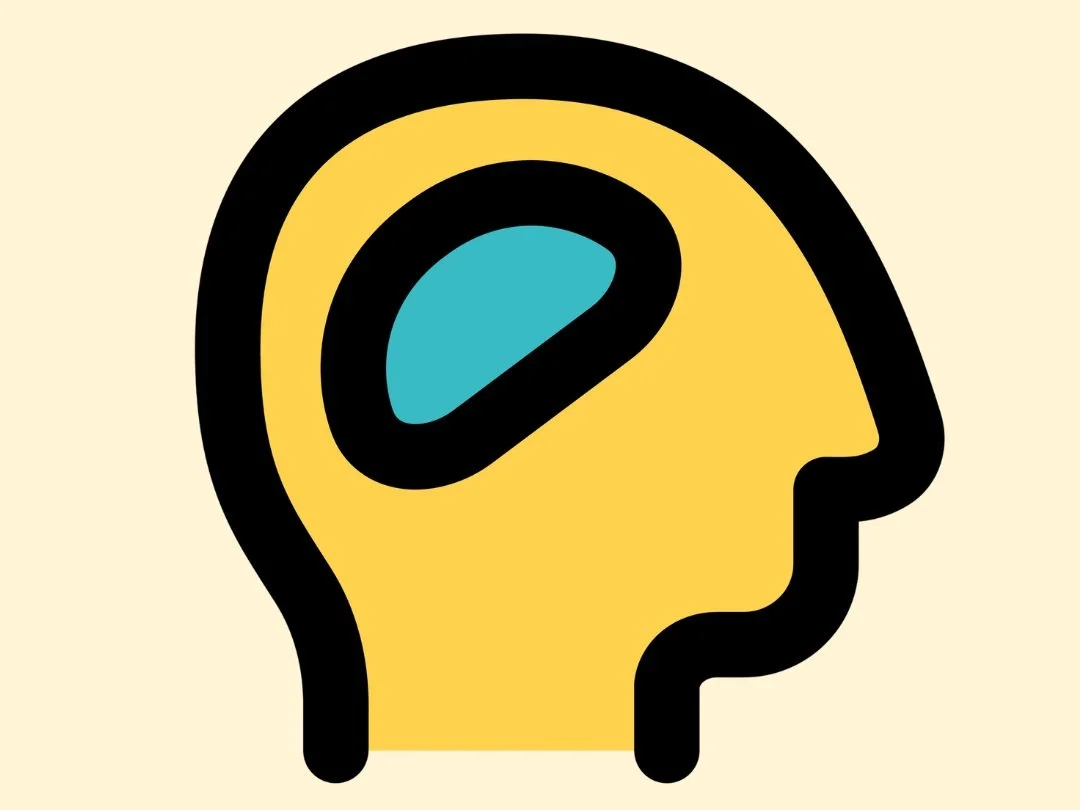The weight of trauma - A visualisation of trauma in neurodiversity
Content warning: This article covers topics around trauma, abuse, unmet needs and mental health concerns. It is written from a lived experience perspective, and gives personal insights into trauma & neurodiversity.
I am a man who loves a good visual aid, and when I was trying to understand Trauma and Autism in my work, I came across a brilliant analogy for how we carry trauma with us in life.
Lets visualise it.
Imagine that you are wearing a hiking backpack, it's strapped around your chest and shoulders, solid and well supported. When empty that backpack is no issue to carry around, you barely feel the weight of it at all.
However, when you start to add to that backpack, it begins to dig into your skin, weighs you down, and reduce your energy.
When we experience something that pushes us into ‘Fight or Flight’ survival mode, our brain sometimes makes a note of it and stores that note away in the backpack, so that it remembers the circumstance for next time and can retrieve it to avoid this ever happening again. This is trauma. It is the brain's way of remembering, so that it can be safe if the traumatic event ever happens again.
When times are good.
When we are healthy, happy and life is progressing well, slips of paper are removed from the backpack as quickly as they are stored so the weight never really varies all that much.
When times are hard.
When we experience a singular extremely traumatic event, or lots of similar small traumas, the brain sometimes needs a full notepad to record the experience. That is more noticeable, that is weight that starts to impact your daily life, and it is a lot harder to process and resolve.
When people think of Trauma they think of Abuse, Violence, Betrayal and Heartbreak. Singular events that will add significant weight to your backpack.
But just as serious are those small traumas, the everyday things that add up with note after note. If you encounter lots of these events, you can end up with the same weight of notes as a singular, bigger, traumatic event, if not more. Despite never having experienced any of the worst possible outcome.
Bullying. Failure. Social mistakes. Eating Disorders. Restraint. Rejection. Anxiety. Exhaustion. Burnout. Abuse. Violence. Hatred.
Whether you experienced a singular horrible Trauma, or many less extreme traumas, it can be important to acknowledge just how much weight you are carrying around. So many folks are carrying weight that would crush another and never even realised it.
But what happens when the incoming notes outpace the notes you are taking out? What happens when life keeps on sending you into survival mode?
The backpack grows and grows until you start to genuinely struggle. Until that weight is slowing you down, wearing you out, harming your daily life.
When you are neurodivergent you have different experiences.
How often are we told:
We are being lazy
We are not paying attention
We are antisocial
We are skittish or sensitive
When in reality, we might be carrying ten times anyone else’s trauma weight and it's a bloody miracle we can do as much as we are?
Sometimes it awes me to think about the weight that some people are walking around with. They are the trauma weightlifters of our world, and yet most of them go utterly unnoticed and unappreciated.
What helps
When your backpack of Trauma is weighing you down, the only way to lighten that load is to start processing the trauma inside. However, that is no easy task. Some of those notes are scary enough to crush you with anxiety and fear. The situation has to be right for any processing to be done.
This is where understanding and supporting neurodivergent needs comes in.
First, there needs to be a lack of incoming trauma. This means a safe space/life, where you have room to breathe and process, and where your core needs, be it sensory, communication, activity or routine, are met so you can be in the right environment to begin lightening the load of your backpack.
Second, there needs to be support. Some people might be strong enough to deal with Trauma on their own. But it is my own personal belief that support, be it personal or professional, is integral when your backpack is filled to the brim. The entire issue with a full backpack is that it's weighing you down, putting strain on your body and brain's processing power. Reducing that weight, allows our brains to work more effectively.
References/Studies that informed this article:
Rethinking psychological interventions in autism: Toward a neurodiversity-affirming approach
Useful links if you or someone you know might be struggling:



